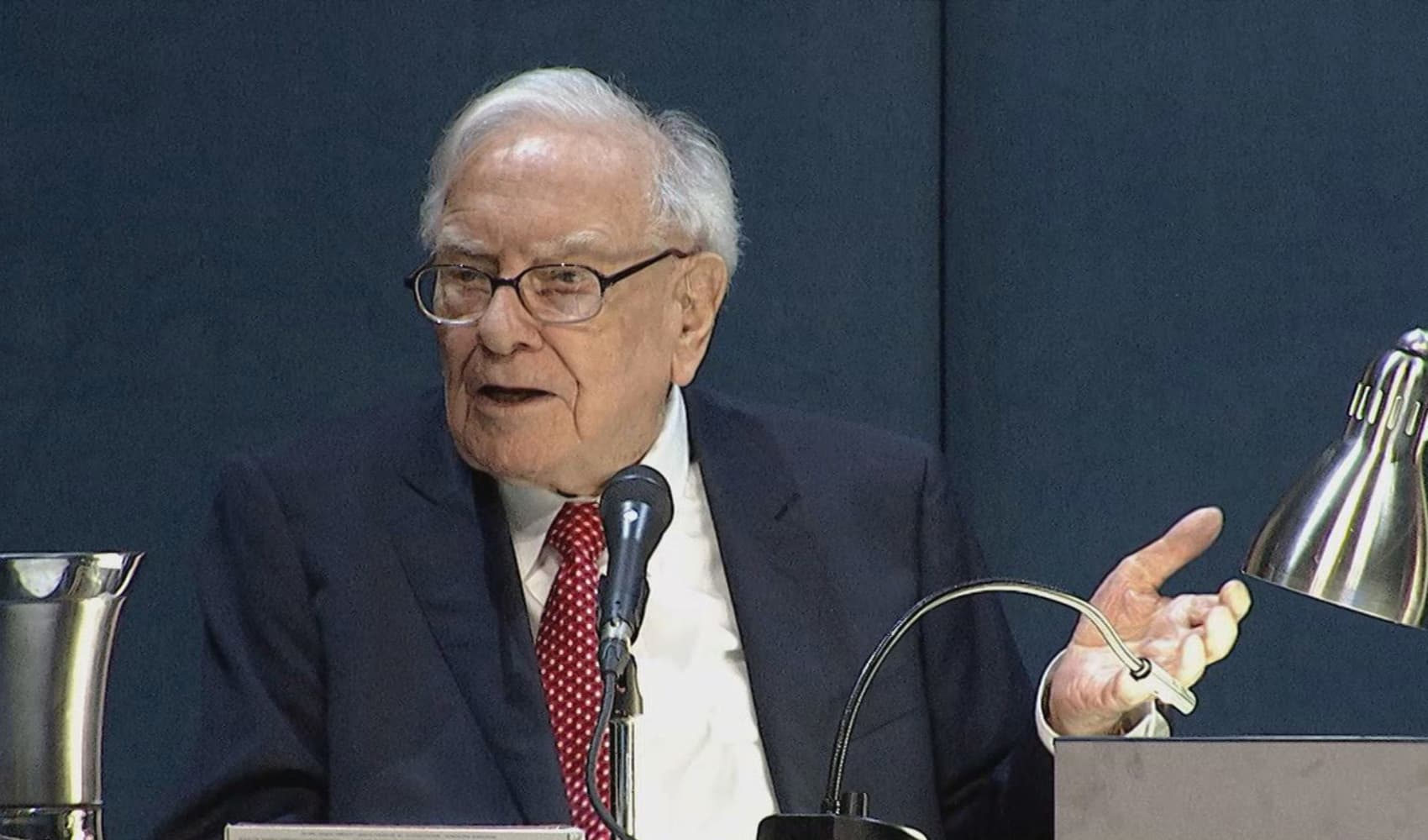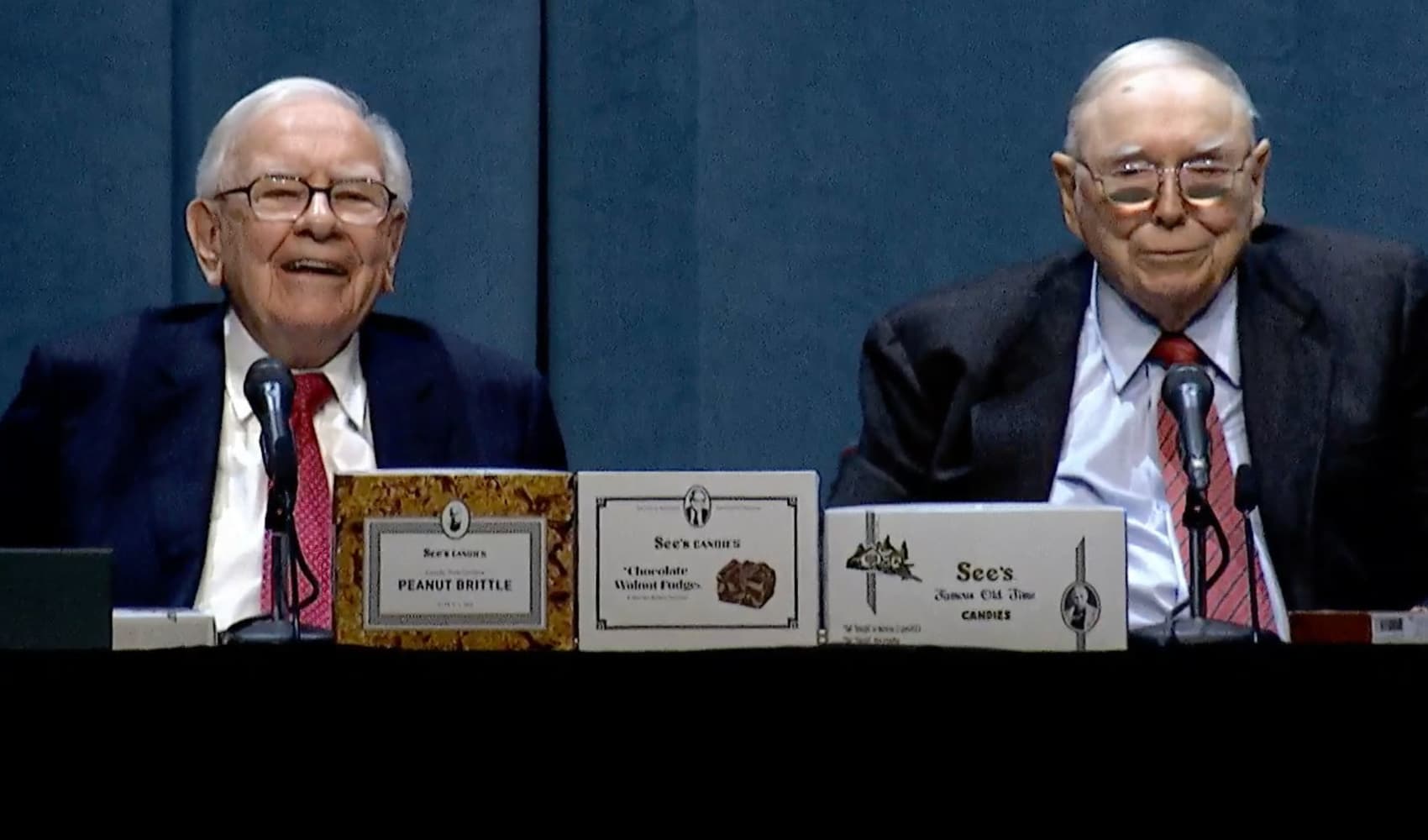
How much is your daily coffee habit really costing you? The answer may be more complicated than you think.
One simple response is likely, "More than last year." The cost of roasted coffee was up 15.5% in December 2022 compared with December 2021, according to the Bureau of Labor Statistics.
Answers will also vary based on where you live. Real estate firm Clever recently rolled out its list of the best and worst coffee cities in America, which included city-by-city analysis of the cost of a cappuccino.
The city where espresso and steamed milk will cost you the most: Virginia Beach, Virginia, clocking in at $5.75 a cup, on average.
Get DFW local news, weather forecasts and entertainment stories to your inbox. Sign up for NBC DFW newsletters.
The most expensive cups of cappuccino
- Virginia Beach, Virginia: $5.75
- Las Vegas: $5.40
- Minneapolis: $5.37
- New York: $5.31
- San Francisco: $5.21
That's just the outright cost. New York and San Francisco have expensive coffee, but their residents tend to make more money. If you express the cost of a five-days-a-week cappuccino habit as a percentage of a city resident's average income, the most expensive coffee cities change a bit.
Most expensive coffee cities by percentage of income
- Las Vegas: 2.29%
- Memphis, Tennessee: 2.28%
- New Orleans: 2.23%
- Birmingham, Alabama: 2.22%
- Virginia Beach, Virginia: 2.18%
The opportunity cost of compounding
Money Report
Prominent financial analysts have made headlines in recent years for suggesting that your daily coffee habit could be getting in the way of you building wealth, and from a purely mathematical standpoint, they have a point.
Instead of spending the money on something today, the thinking goes, you could invest it toward a long-term goal and earn a compounding return.
Say you're a 22-year-old daily cappuccino drinker in Virginia Beach. Assuming you only swing by the coffee shop on weekdays, you're spending $28.75 a week on coffee, before tipping. That's $1,495 a year.
Play around with CNBC Make It's compound interest calculator, and you'll see how that money could add up over time. Were you to invest your coffee money each year between now and retirement at age 67, and earn a 7% annualized return, you'd end up with more than $450,000.
You don't have to give up your cappuccino to save for retirement
Is your daily coffee habit really worth costing yourself nearly half a million dollars in retirement? If you reduced your life to numbers on a spreadsheet, clearly not.
But you're not a spreadsheet. You're a person who needs to be alert for early meetings. Or one who wants something warm to sip on in the morning. Or one who can't stand the muddy water they call coffee in your office.
Whatever your reasons, you have small, regular expenses that make your life a little more livable. And cutting them out of guilt over what you could be saving is likely to make you miserable — and unlikely to put a huge dent in your savings rate.
If you're looking to put away money for a long term goal, "people in their 20s or 30s should be aiming to save at least 20%," says Rachael Camp, a certified financial planner and owner of Camp Wealth.
But even in the most expensive coffee city relative to income, residents are spending a little more than 2% of their income on their caffeine fix. If you want to work up to 20% by cutting out coffee runs, you're working at the wrong end of your budget.
Instead, try a method known as "reverse-budgeting," Camp says. Start by diverting 20% of your income toward financial goals, such as paying down debt, building an emergency fund and investing for retirement.
It helps to automate the process. Investments in a workplace retirement account, for instance, can be deducted directly from your paycheck so that you never even see them hit your bank account.
The next step: Pay your bills. Camp recommends setting up all your bills to be paid on the same day, ideally when you get paid. "This will take some time at the beginning to set up. But if they're all due on the 1st or the 15th, then your bills can come right out of your paycheck automatically."
As a result, any money not going toward goals or bills can buy as many cappuccinos as your heart desires. "The rest of the money that's in there is yours to spend completely guilt-free," Camp says.
Sign up now: Get smarter about your money and career with our weekly newsletter
Don't miss: ‘Buy the latte,’ says CFP—save more by focusing on ‘needle movers’ instead






